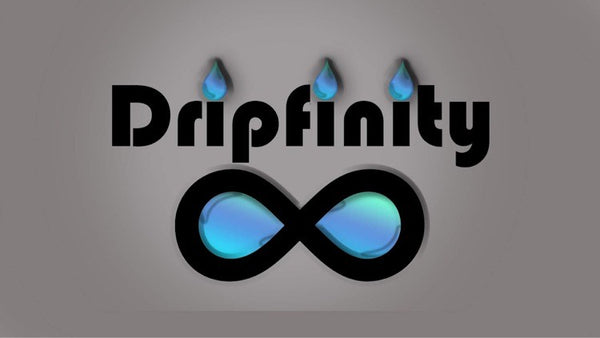Unleashing AI's Creative Potential: Revolutionizing Ecommerce with AI-Generated Art & Print-on-Demand
Introduction
As technology continues to advance at an exponential rate, it is becoming increasingly clear that artificial intelligence (AI) possesses vast creative potential. One industry that is embracing this potential is ecommerce, particularly in the realm of art and print-on-demand. AI-generated art and the integration of AI into print-on-demand services are revolutionizing the way both artists and consumers engage with these platforms. In this blog post, we explore the exciting advancements in AI that are transforming ecommerce and how they are reshaping the art world.
The Rise of AI-Generated Art
AI-generated art, also known as algorithmic art or computational creativity, is a fascinating intersection of technology and artistry. By utilizing machine learning algorithms, AI systems are now able to create original art pieces that mimic various styles and aesthetics. These algorithms analyze vast amounts of existing artwork, extracting patterns and characteristics to generate entirely new compositions.
This breakthrough technology is not only expanding the creative possibilities for artists but also providing consumers with access to a wider range of unique and affordable art. AI-generated art platforms, such as Dripfinity Immersive Art, allow both emerging and established artists to experiment with new styles and techniques, pushing the boundaries of artistic expression. This democratization of art not only benefits artists but also provides art enthusiasts and collectors with an unprecedented level of choice and accessibility.
Transforming Print-on-Demand Services
The integration of AI into print-on-demand services has propelled the ecommerce industry into a new era of customization and personalization. Print-on-demand platforms enable individuals to create unique products, such as apparel, home decor items, and accessories, on-demand. With AI, these platforms can now offer customized designs generated by algorithms that align with the customer's preferences and interests.
AI-powered print-on-demand services, like WondrAI, utilize machine learning to analyze customer data and generate personalized recommendations. This level of customization not only enhances the overall shopping experience but also increases customer satisfaction and engagement. By leveraging AI, ecommerce platforms are able to provide tailored products that resonate with individual tastes, ensuring a higher likelihood of conversion and repeat business.
Enhancing Customer Experience
AI's impact on ecommerce extends beyond just generating art and personalized products. With advancements in natural language processing and machine learning, AI-powered chatbots are revolutionizing customer service. These intelligent bots can assist customers by answering queries, providing product recommendations, and even processing orders. The use of AI chatbots reduces response times, improves efficiency, and enhances the overall customer experience.
Furthermore, AI can analyze customer behavior and preferences, enabling ecommerce platforms to offer personalized shopping experiences tailored to individual needs. By understanding customer preferences and browsing history, AI algorithms can recommend relevant products, promotions, and discounts, leading to increased customer satisfaction and conversion rates. This level of personalization fosters brand loyalty and establishes a strong competitive advantage in the ecommerce landscape.
The Ethical Considerations
While AI brings numerous benefits to the ecommerce industry, it is important to address the ethical considerations surrounding the use of AI-generated art and personalized services. One concern is the potential devaluation of human creativity and craftsmanship. Critics argue that AI-generated art lacks the emotional depth and intellectual curiosity that human artists bring to their work. Additionally, the reliance on algorithms for personalized recommendations raises concerns about data privacy and the potential for manipulative practices.
To mitigate these concerns, it is crucial for ecommerce platforms and AI developers to maintain transparency and uphold ethical standards in their operations. Implementing clear guidelines for AI usage and ensuring data security and privacy are essential steps to further the responsible integration of AI into ecommerce. By striking a balance between AI-driven innovation and the preservation of human creativity, the ecommerce industry can continue to thrive.
Conclusion
AI's creative potential is reshaping the ecommerce landscape, particularly in the realms of AI-generated art and print-on-demand services. Utilizing machine learning algorithms, AI is revolutionizing the way artists create and consumers engage with art. The integration of AI into print-on-demand platforms enables personalized product experiences, enhancing customer satisfaction and boosting ecommerce revenues. However, it is important to balance these advancements with ethical considerations to ensure the preservation of human creativity and protect user privacy in this AI-driven era of ecommerce.
To explore the immersive world of AI-generated art, check out Dripfinity Immersive Art. For AI-powered print-on-demand services, visit WondrAI. Embrace the creative potential of AI and experience the future of ecommerce today!

